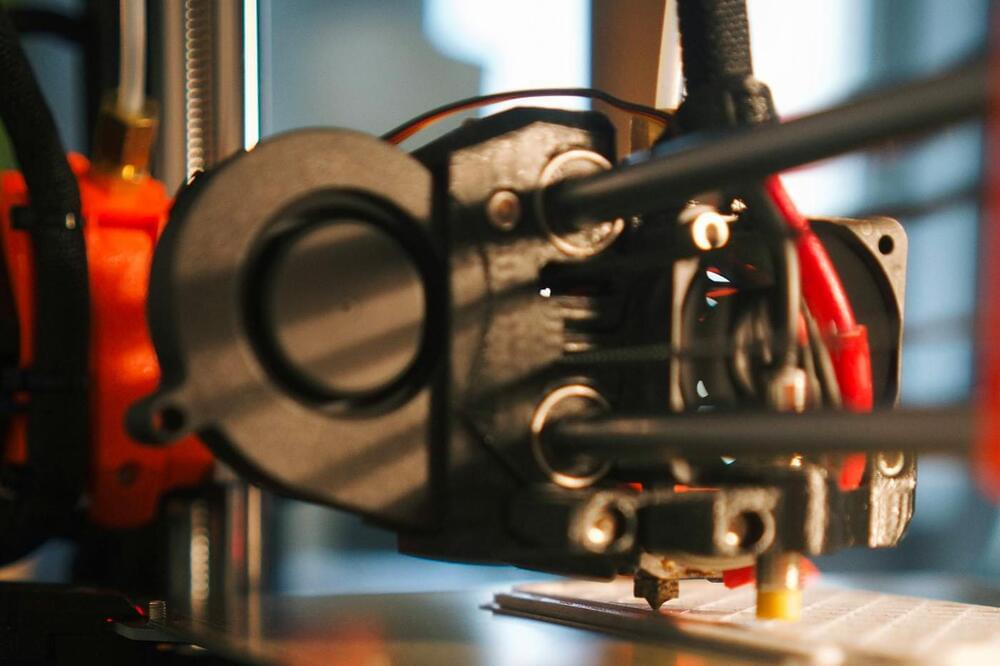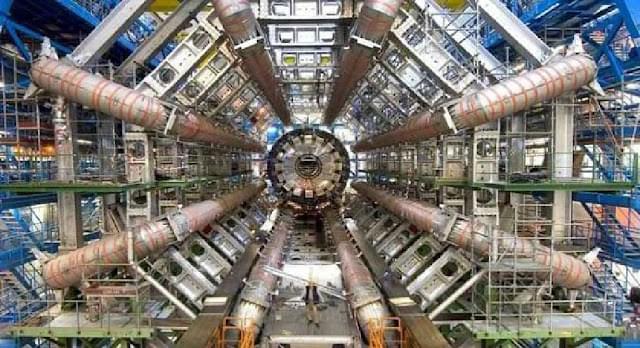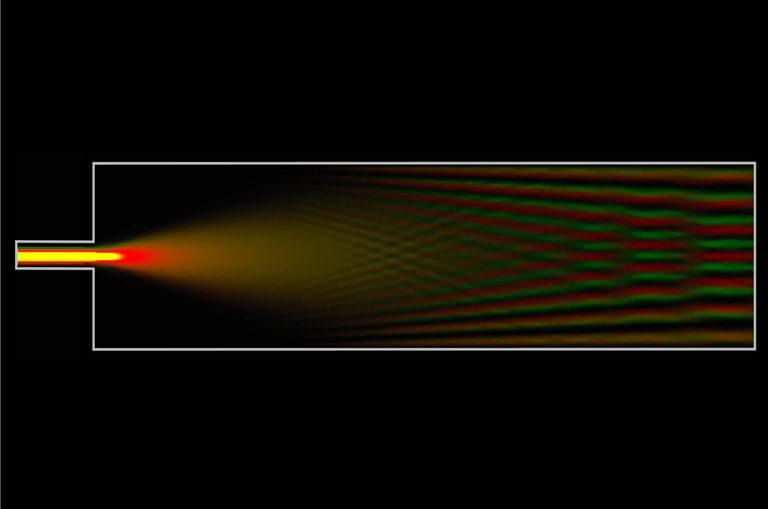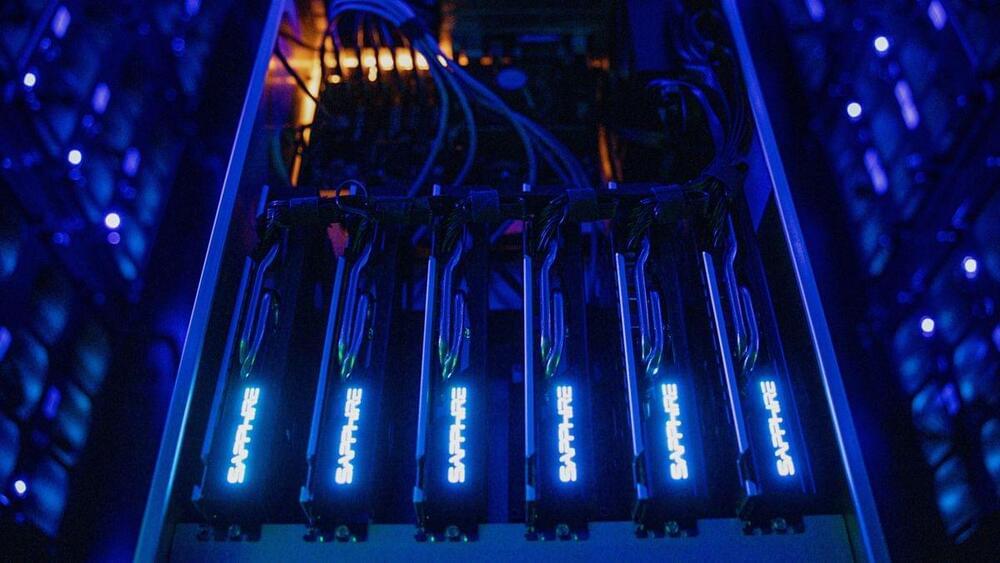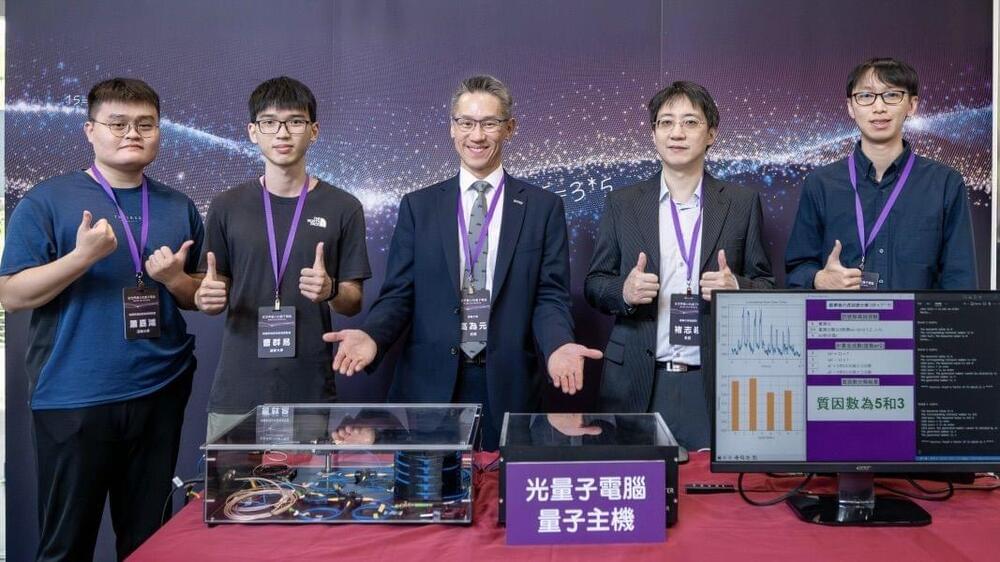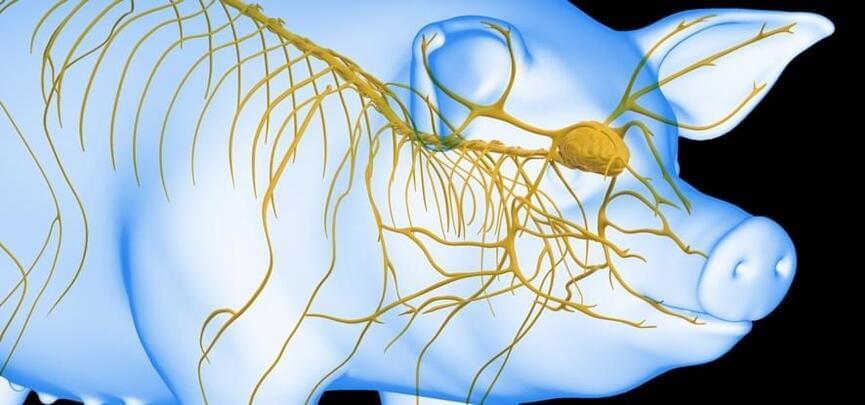Researchers at MIT have unexpectedly stumbled upon a way to 3D print active electronics – meaning transistors and components for controlling electrical signals – without the use of semiconductors or even special fabrication technology.
That goes far beyond what we can currently do with 3D printers. And if perfected, this method could eventually spell the beginning of a new wave in prototyping, experimentation, and even DIY projects for tinkerers at home.
With 3D printing, any of a range of materials including thermoplastic filaments, resin, ceramic, and metal, are laid down in successive thin layers to form a three-dimensional object. That means you can print all kinds of things, from action figures to jewelry to furniture to buildings.
